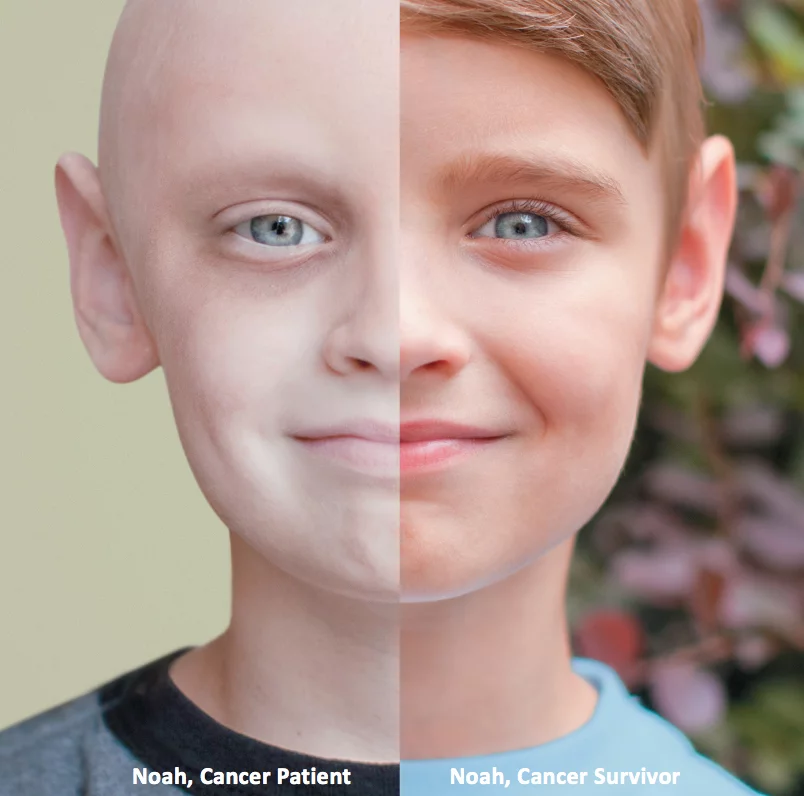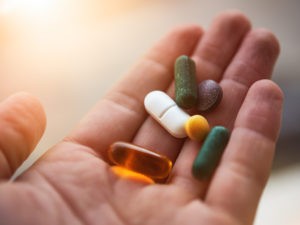
Diagnosed with Cancer? Your two greatest challenges are understanding cancer and understanding possible side effects from chemo and radiation. Knowledge is Power!
Learn about conventional, complementary, and integrative therapies.
Dealing with treatment side effects? Learn about evidence-based therapies to alleviate your symptoms.
Click the orange button to the right to learn more.
- You are here:
- Home »
- Blog »
- side effects ID and prevention »
- Cancer Survivors Have Increased Health Risks
Cancer Survivors Have Increased Health Risks

The study linked below offers yet more evidence that cancer survivors have increased health risks. These risks are not small. This group of 65,000 cancer survivors has three times the risk of a treatment-related secondary cancer.
And remember that while the study below lists individual health risks, it is probable that a given cancer survivor develops more than one medical problem. Meaning, a given survivor develops chemotherapy-induced cardiomyopathy and dies from it years later.
If I sound…angry or bitter it is because I am. While I was not a pediatric or AYA cancer patient, I have lived with a host of long-term and late stage side effects since my conventional treatment ended in 9/97.
The treatment-induced health risks outlined in the article below can be reduced if not eliminated altogether. Whether by complementary therapies such as:
- exercise
- nutrition
- nutritional supplementation or
- lifestyle therapies
numerous studies have documented the health benefits of these non-conventional therapies. My anger stems from conventional oncology’s unwillingness to promote and educate cancer survivors as to the benefits of non-conventional complementary therapies.
If you are a cancer survivor and would like to reduce your future therapy-induced health risk email me at David.PeopleBeatingCancer@gmail.com
Hang in there,
David Emerson
- Cancer Survivor
- Cancer Coach
- Director PeopleBeatingCancer
Cancer survivors are at greater risk for cardiovascular diseases, other cancers
Swedish researchers have surveyed all people under the age of 25 who have had cancer since 1958. The study, led by researchers at Linköping University and Region Östergötland, shows that cancer survivors are at greater risk for cardiovascular diseases, other cancers and other diagnoses later in life. In addition, the researchers saw that socioeconomic factors played a role in survival.
Since 1958, Sweden has registered all cancer patients in the National Cancer Register. Swedish researchers have now used this register to study all cancer survivors who had cancer as a child, adolescent or adult to examine outcomes in later life. The results have been published in the scientific journal The Lancet Regional Health – Europe.
If you’ve had cancer as a child or adolescent, you have an increased risk of almost all diagnoses in the future. This study lays the foundation for understanding why this is so and what decision-makers need to take into account when it comes to cancer care.”
The study’s data spans 63 years. From this data, approximately 65,000 cancer patients under the age of 25 were compared with a control group of 313,000 individuals (a ratio of 1:5), where age, sex and housing situation were matched with the patient group. From other registers, the researchers retrieved information on morbidity, mortality and demography.
The researchers found that the cancer survivors were about three times more likely to develop cancer later in life, 1.23 times more likely to have cardiovascular disease and had a 1.41 times higher risk of accidents, poisoning and suicide.
At present, the healthcare system usually follows up cancer survivors five years after the end of treatment. In other words, you are usually considered healthy if the cancer has not returned after five years, and no further follow-up is planned. But the current study, and also previous ones, show that this is probably not enough.
“Cancer survivors carry with them a fragility for the rest of their lives that puts them at higher risk of new diseases. It’s mainly the chemotherapy and radiation treatment that increases the risk of cardiovascular disease. This means that patients shouldn’t be released prematurely without planned and ongoing follow-up. It’s important to identify these risk factors and diseases early,” says Laila Hübbert.
The researchers have also seen that socioeconomic factors play a major role in the risk of disease and death after cancer in young years. Thanks to a cross-check of registers, the researchers were able to see that the risk increases for those with a lower level of education, a foreign background, or who remain unmarried. At the same time, this study shows that the risk of disease and death after cancer in children and adolescents is the same regardless of where you live in Sweden…
The next step for the researchers is to break down the results and probe into specific questions and understand why things look the way they do. This will include looking more at socioeconomic factors, cardiovascular disease linked to cancer, so-called cardio-oncology, and other forms of cancer.
“There aren’t really many countries that can carry out such a comprehensive survey. In Sweden, we have such fine comprehensive and high-quality national registers so it’s unique to be able to do this,” says Laila Hübbert.
Morbidity and mortality among children, adolescents, and young adults with cancer over six decades: a Swedish population-based cohort study (the Rebuc study)
“This survey covering 63 years, identified 65,173 CAYAs and matched controls, a total of 378,108 individuals (74% females). CAYAs exhibited a
- 3.04-times higher risk for subsequent cancer,
- a 1.23-times higher risk for cardiovascular disease and
- a 1.41-times higher risk for external affliction.
CAYAs had a higher mortality hazard, and after adjusting for socioeconomic factors, males, individuals born outside Europe, and those with greater sick-leave had a higher association with mortality, while education and marriage showed a beneficial association…


